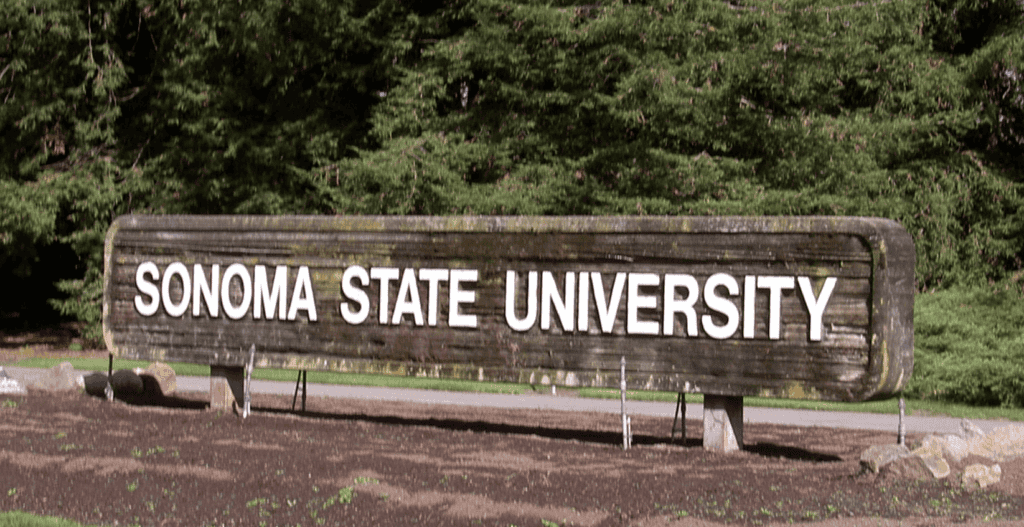Amicus Briefs
Jane Doe v. White
CASE SUMMARY
As part of its efforts to enforce Title IX, the U.S. Department of Education has routinely pressured schools to deny due process to the accused in sexual-misconduct investigations. NCLA filed an amicus brief in support of Jane Doe’s petition for a writ of certiorari before the U.S. Supreme Court in her case against the California State University system and various Title IX administrators. The petition asked the Court to clarify that colleges must provide a hearing before suspending or expelling a student.

